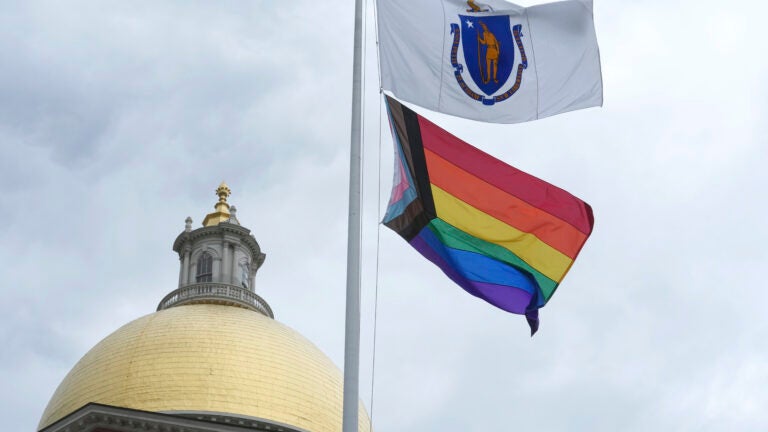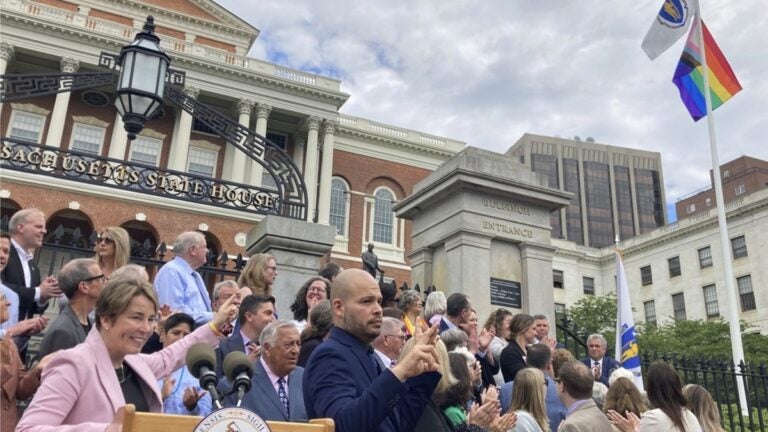Politics
The bill primarily ensures equality in parental rights, regardless of marital status, gender identity, sexual orientation, or the circumstances of the child’s birth.
In a marathon session that stretched into Thursday morning, Massachusetts lawmakers reached a compromise on a bill that would update how state law defines parentage and account for families who use alternative reproductive methods such as surrogacy, in vitro fertilization, and sperm donation.
Also known as the Massachusetts Parentage Act, the bipartisan legislation is seen as a major win for LGBTQ+ parents, who may face added challenges establishing parentage. Two decades after becoming the first state in the U.S. to legalize same-sex marriage, Massachusetts now lags behind the rest of New England in modernizing its parentage law.
But change is nearer than ever: After clearing the Legislature, the bill now heads to Gov. Maura Healey, who has already expressed support for updating the state’s law.
State Senator Julian Cyr, one of the lead negotiators on the compromise bill, noted the potential impact in a recent post on X, writing, “LGBTQ+ families like mine face excessive and expensive hoops just to ensure our children have the security of legal parentage.”
In another post, Cyr added: “This bill is a real critical step to guarantee that all children can benefit from the stability of a legal parent-child relationship, no matter how they came into this world.”
The bill primarily ensures equality in parental rights, regardless of marital status, gender identity, sexual orientation, or the circumstances of the child’s birth.
As Boston.com previously reported, the bill gives children born through assisted reproductive technology like IVF a clear pathway to establishing parentage, also recognizing “de facto” parents who perform all the duties of a typical parent but are not biologically related to their children. As-is, many LGBTQ+ parents have to formally adopt their own children, a process that can prove costly and time-consuming.
The new legislation also tweaks gendered language like “mother” and “father” and modernizes some antiquated terms — for example, replacing “child born out of wedlock” with “nonmarital child.”
Advocates say these updates were a long time coming.
“After more than seven years of advocacy, so many children and families in Massachusetts — and countless future generations — will now have the basic protections that legal parentage provides for children,” Polly Crozier, director of family advocacy at GLBTQ Legal Advocates & Defenders, said in a statement.
Crozier thanked state legislators, adding, “We are now eager for Governor Healey to sign the MPA into law so that Massachusetts can ensure security for all children and families.”
Boston.com staff writer Ross Cristantiello contributed to this report.
Newsletter Signup
Stay up to date on all the latest news from Boston.com

